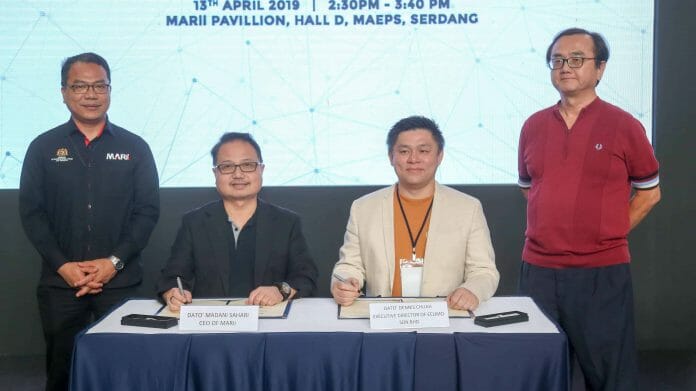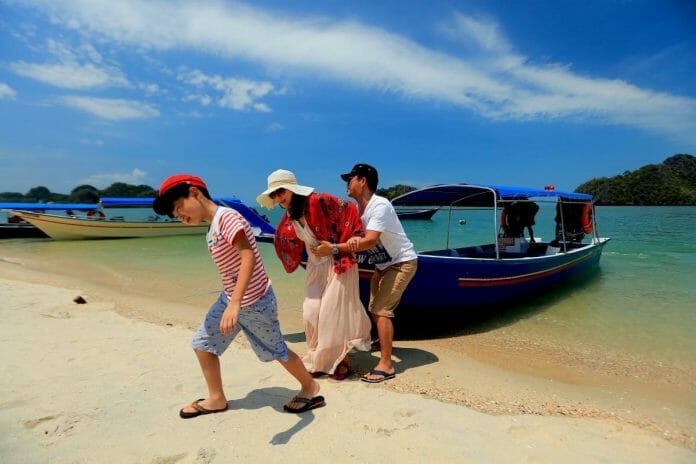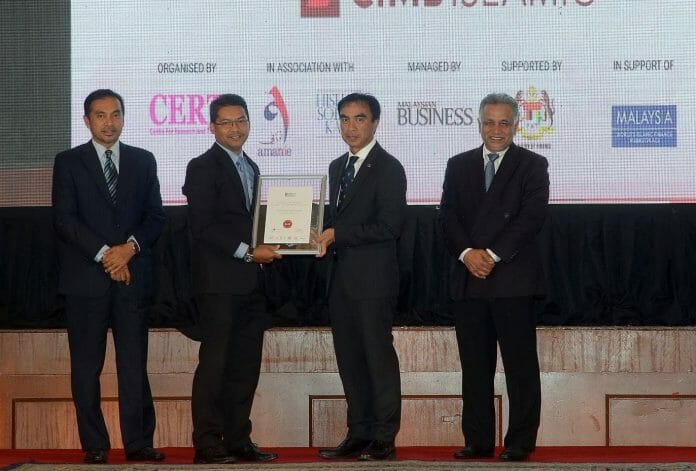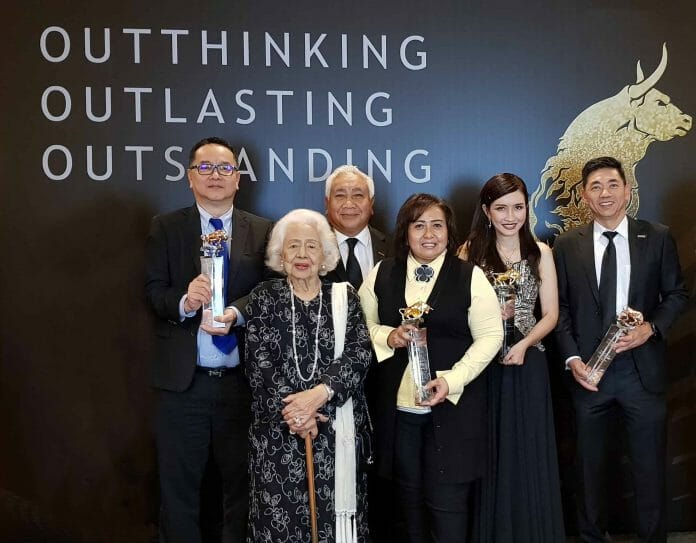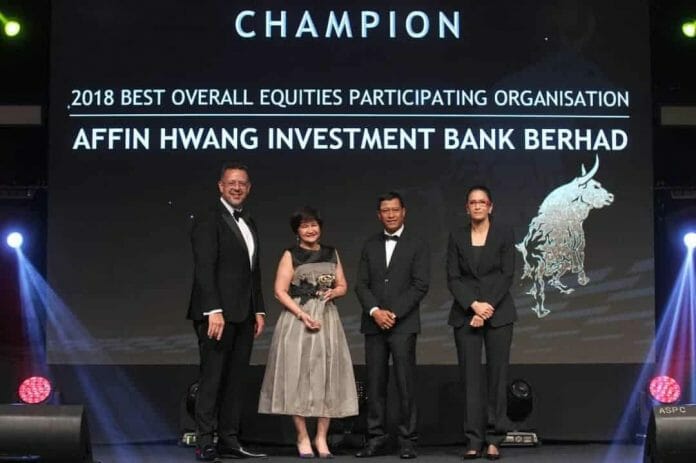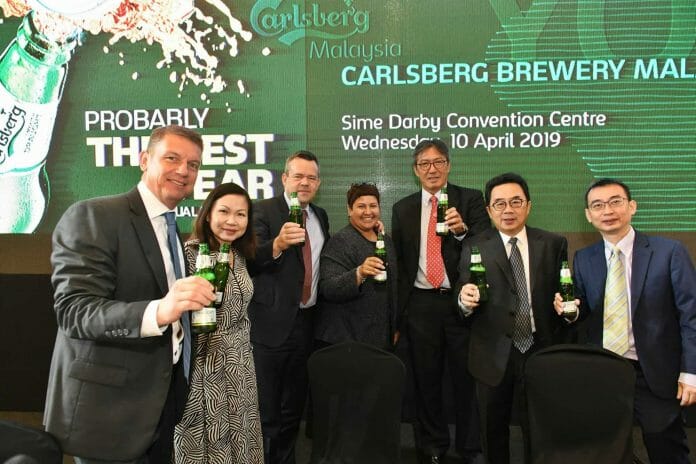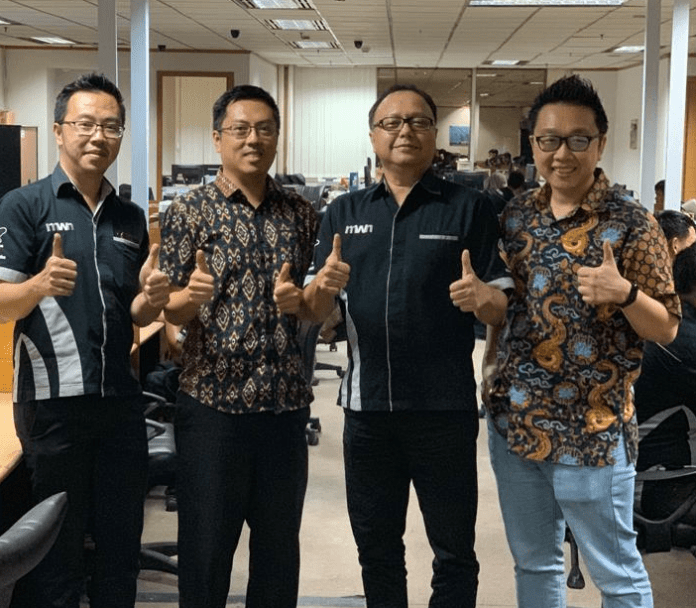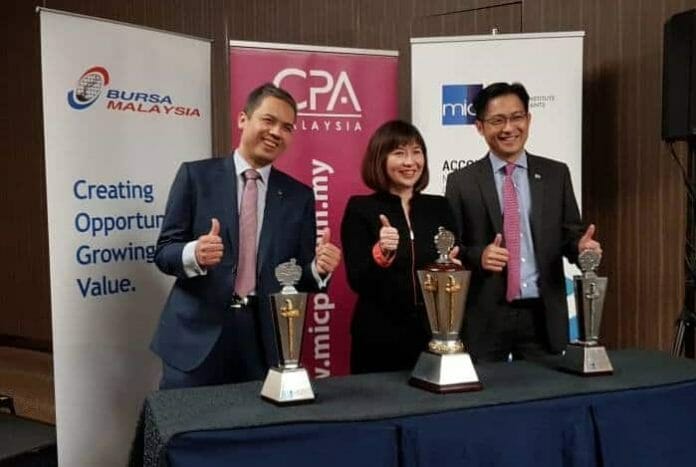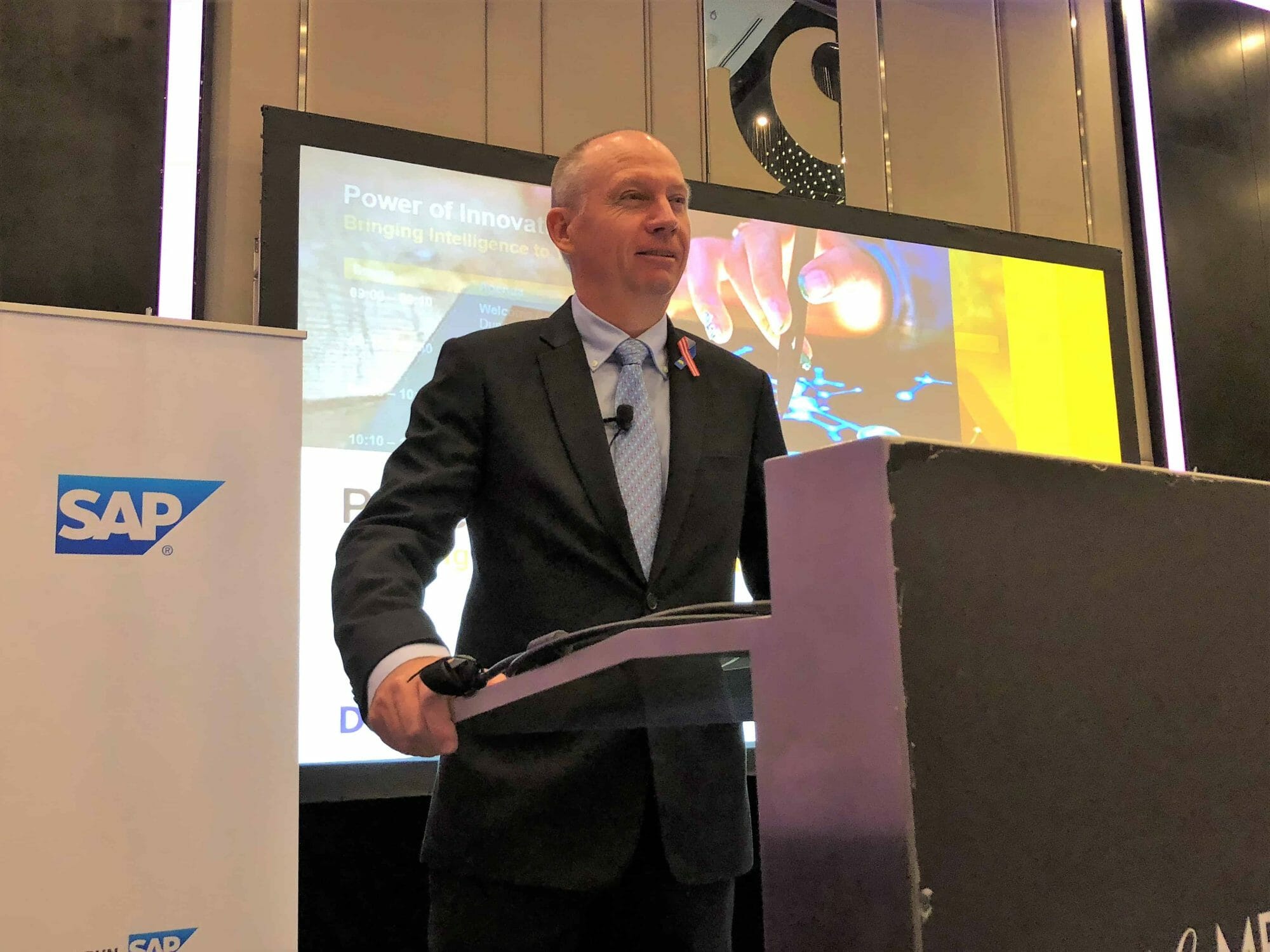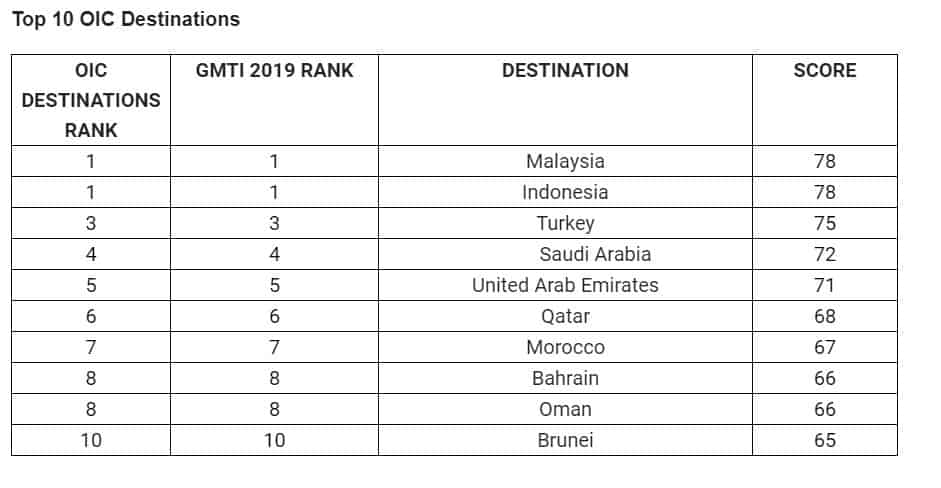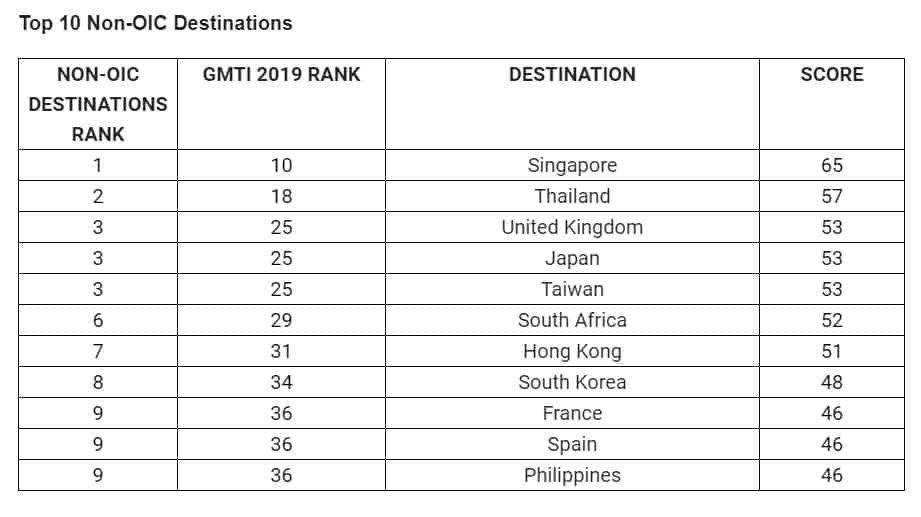The “Let’s eBay” workshop, is set to train small businesses and entrepreneurs (SMEs) seeking new global sales channels in the fast-growing eCommerce sector. The workshop launched by eBay at the at The Grounds KL in collaboration with MATRADE and MDEC, is the first in a series initiated to deliver training to SMEs.
A combination of a strengthening local manufacturing sector and favourable exchange rates has enabled strong growth in eCommerce exports from Malaysia to the rest of the world. Today, a growing number of entrepreneurial Malaysians are seizing this opportunity by selling their products directly to consumers all around the world on eBay.
According to Wong Mei Inn, eBay Head of Southeast Asia Seller, “Malaysia’s cross border trade (CBT) exports are still at a relatively nascent stage and there is huge opportunity for more small businesses to join the ranks of eBay sellers. By listing their products on eBay’s global marketplace, Malaysian businesses can reach 179 million active buyers all around the world.”
“We have also launched the 6-month Let’s eBay Academy Program which is designed to incubate the new sellers by sharing insights and handholding them, so they successfully trade and sell to the global market,” said Wong.
“eCommerce has been recognised as one of the key enablers to accelerate revenue growth for the Malaysian economy, under the Digital Malaysia Initiative,” said Dato’ Wan Latiff Wan Musa, MATRADE Chief Executive Officer.
“We would like to encourage more Malaysian SMEs, especially the younger generation, to explore international markets with one of the global pioneers in e-commerce, eBay. Once you are online, you are catering to the whole world where opportunities are limitless. MATRADE eTRADE programme will facilitate the onboarding of companies on eBay.”
Welcoming this initiative, Song Hock Koon, Director of eCommerce, MDECcommented, “As a trading nation, Malaysia is now moving up the value chain and trading in ideas, innovation and new technologies in a spirit of collaboration to build our future. Not only is growing Malaysia’s eCommerce sector one of these fundamental building blocks to our development as a digital nation, but it is exciting that every Malaysian can contribute to this growth through eCommerce.”
Approximately 98.5 percent of business establishments are made up of SMEs and their contribution make up 17.3 percent of the country’s exports. According to the Department of Statistics Malaysia (DOSM), the digital economy in 2017 contributed 18.2percent to Malaysia’s GDP, with the potential to rise to 20 percent of GDP by 2020.
During the full day event, Let’s eBay featured partners like MATRADE, MDEC, PayPal and DHL sharing examples of global opportunities for Malaysians SMEs, practical advice on getting started in the eCommerce industry, inspiring success stories as well as government infrastructure and initiatives which support entrepreneurs to grow their business.
Following Kuala Lumpur, Let’s eBay will travel to Penang and Johor in the coming months as part of extending their support for entrepreneurs.
To further facilitate the growth of Malaysia SMEs, in conjunction with the Let’s eBay Global eCommerce conference, eBay also launched its six-month ‘Let’s eBay Academy Program’ to incubate and accelerate the growth of sellers’ cross-border businesses.
Interested SMEs can register their interest at ebayseatools.com/public_files/PR_Events.html





